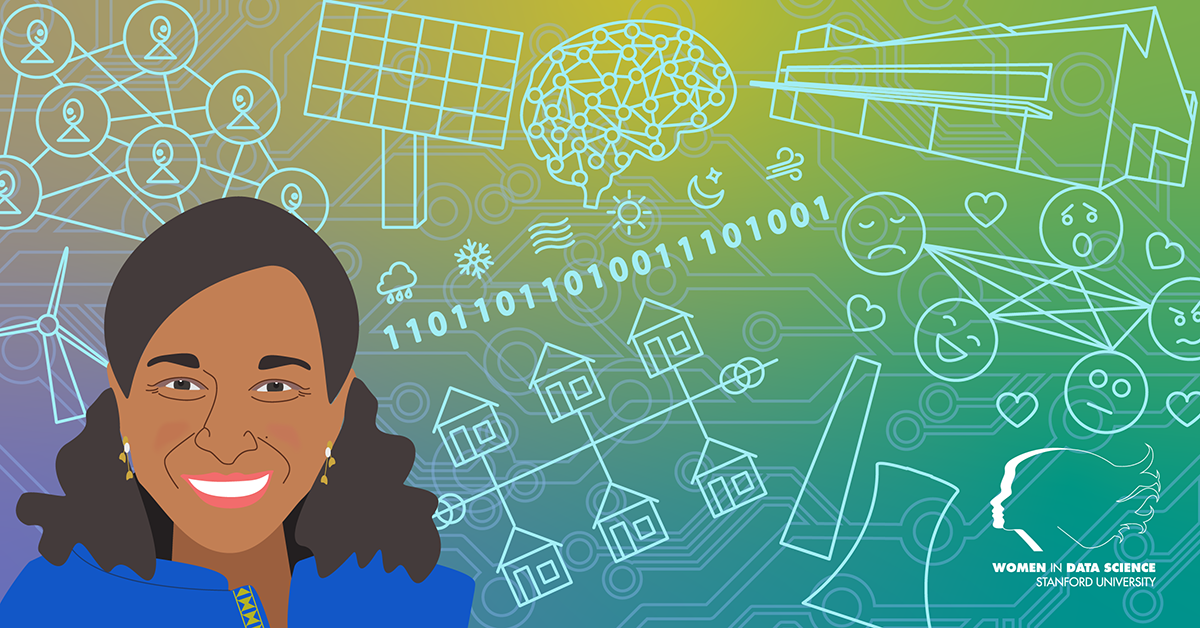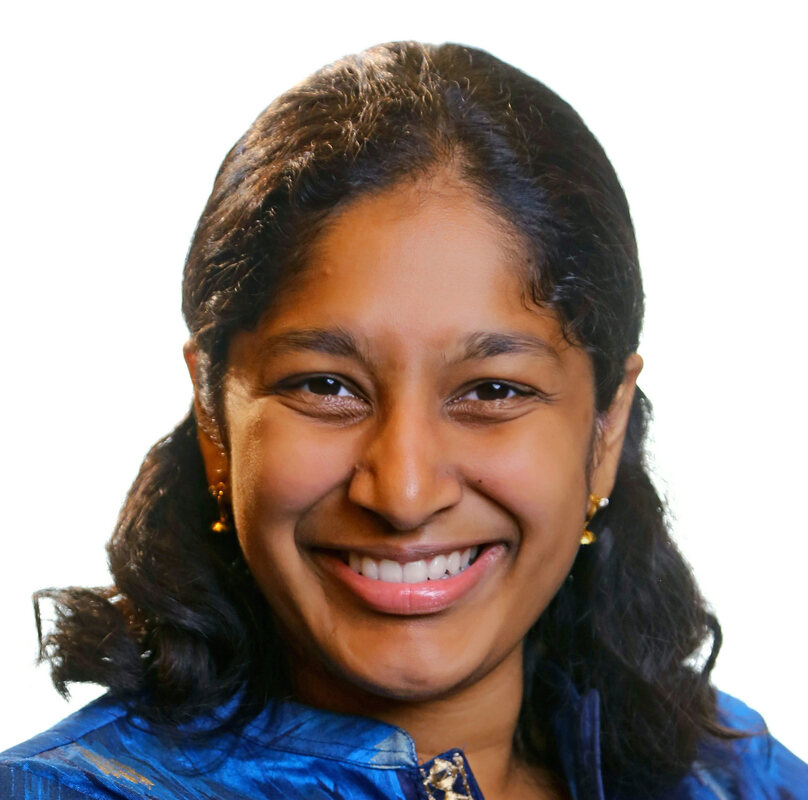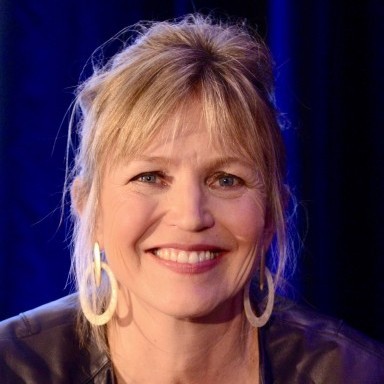Using AI to Fight the Climate Crisis


Executive Director of Climate Change AI
About this episode
Priya Donti, Executive Director of Climate Change AI, explains multiple ways that machine learning and AI can be used to mitigate climate change. Her work at the intersection of climate change, computer science, and data science led her to co-found Climate Change AI, our partner for the WiDS Datathon 2023 challenge to improve long-term weather forecasting.
Highlights
An expert in climate change and the optimization of power grids, Priya Donti researches how to use machine learning for forecasting, optimization, and control of power grids to facilitate the integration of renewable energy.
She first became interested in climate change during high school and studied computer science with a focus on environmental analysis as an undergraduate at Harvey Mudd College. After graduation, she spent a year on a Watson Fellowship, learning about different approaches for next-generation power grids in Germany, India, South Korea, Chile, and Japan. She went on to earn her PhD in power grid optimization at Carnegie Mellon. While there, she co-founded Climate Change AI, an initiative born out of a paper she co-wrote with academic and industry leaders about the ways machine learning could address climate change.
Machine learning can play a role in mitigating climate change in areas like decarbonizing power grids, buildings, and transportation; helping create more precise forecasts for climate change impacts; and strengthening social, food, and health systems to cope with the impacts of climate change.
There are several ways to apply machine learning to the climate crisis. One is distilling raw data into actionable insights, like turning satellite imagery into inputs on where the solar panels are or where deforestation might be happening, or turning large amounts of text documents into insights to guide policy or innovation. A second way is forecasting solar and wind power, and extreme weather events. A third is optimizing complex systems to make them more efficient, like heating and cooling systems in buildings or optimizing freight transportation systems. Machine learning is also valuable in science and engineering workflows to accelerate the design of new batteries or speed up climate or power models.
While there are many ways that AI and data science can play a role in climate action, sometimes it’s difficult figuring out where to start. Priya says the WiDS Datathon is a great way to get started because no matter how much experience you have, you can enter and be able to work on this particular challenge. “The floor is low, but the ceiling in high.” There are also many resources on the Climate Change AI website to start learning, get involved, and meet other people working in the space through workshops, virtual happy hours, mentorship programs, and an online community platform.

About the Host
Margot Gerritsen
Stanford Professor [Emerita] Margot Gerritsen is the Executive Director and co-founder of Women in Data Science Worldwide (WiDS) and born and raised in the Netherlands. Margot received her MSc in Applied Mathematics from Delft University of Technology before moving to the US in search of sunnier and hillier places. In. 1996 she completed her PhD in Scientific Computing & Computational Mathematics at Stanford University and moved further West to New Zealand where she spent 5 years at the University of Auckland as a lecturer in Engineering Science. In 2001, she returned to Stanford as faculty member in Energy Resources Engineering. Margot was the Director of the Institute for Computational & Mathematical Engineering (ICME) at Stanford from 2010-2018 and the Senior Associate Dean for Educational Affairs in Stanford’s School of Earth Sciences from 2015-2020. In 2022, Margot took Emerita status to devote herself to WiDS full time. Margot is a Fellow of the Society of Industrial & Applied Mathematics, and received honorary doctorates from Uppsala University, Sweden, and the Eindhoven University of Technology in the Netherlands. She now lives in Oregon with her husband Paul.
Connect with Margot Gerritsen on Twitter (@margootjeg) and LinkedIn.
Find out more about Margot on her Stanford Profile.

